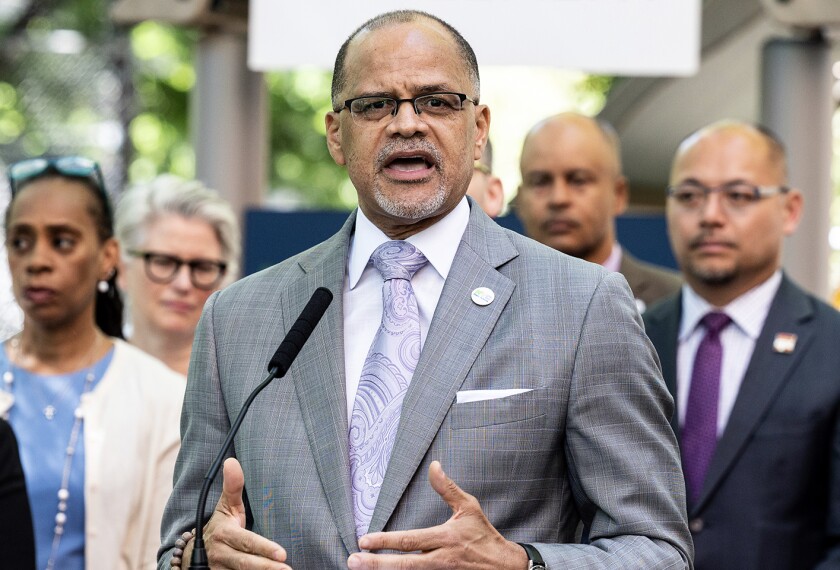To the Editor:
Anyone concerned about the digital divide and the risk of our most vulnerable students falling further behind amid the pandemic should applaud Jessica Rosenworcel’s efforts as the acting commissioner of the Federal Communications Commission to address the “homework gap.” (“Acting FCC Chair: The ‘Homework Gap’ Is an ‘Especially Cruel’ Reality During the Pandemic,” March 10, 2021).
The pandemic has made the homework gap and other inequities clearer to all Americans. Expanding the FCC’s E-rate program that currently makes lower-cost internet service available to schools and libraries to include home connectivity is a common-sense solution that will provide much-needed relief to the many communities that struggle with the challenges of the digital divide.
The Internet Society, a nonprofit which collaborates with communities to make the internet available to all, urges the FCC to provide funding for off-campus connectivity. But the agency should also waive limits from and provide funding for libraries and other anchor institutions that students and community members rely on for connectivity.
For example, the FCC should give special consideration to tribal broadband needs, in particular, by prioritizing a 5 percent set-aside of the expected available E-rate funding. Students on tribal lands desperately need internet access—without it, our most vulnerable students will never achieve school success. Failure to correct this problem will only deepen already entrenched systemic inequities in education and society at large.
Jane Coffin
Senior Vice President of Internet Growth
The Internet Society
Reston, Va.




